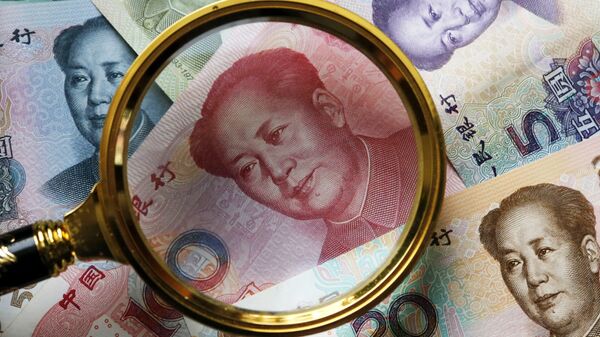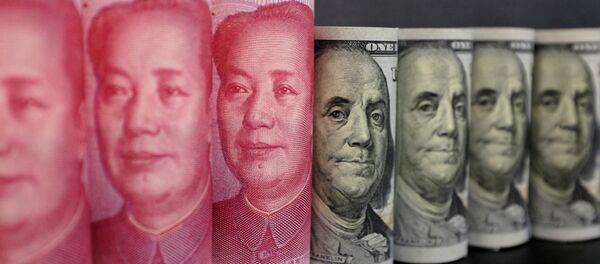Liu Ying of the Chunyang Institute of Financial Studies in China pointed to the fact that the Chinese yuan is already "widely used" in trade transactions in Africa.
He recalled that the yuan is also used in the field of investment and financial markets as well as the gold and forex reserves of African countries which Liu said could be formed in yuan rather than dollars.
READ MORE: 'The Goal for China is to Open Up the Yuan Trade' – Economist
"The construction of basic infrastructure in Africa, including railways and [economic] clusters also stipulates the use of the yuan," Liu pointed out.
He claimed that in the face of rising interest rates and a program to reduce the balance of the Federal Reserve System, "the outflow of the dollar is an inevitable situation."
"Therefore, the choice of the yuan is a logical and timely measure for Africa. The yuan is a very stable currency capable of providing support and security in trade settlements, financial investments and the creation of reserves," Liu emphasized.
READ MORE: China Set to Gradually Internationalize Yuan by Opening Its Financial Markets
He rejected speculation that an increase in international demand for the yuan and the strengthening of the Chinese national currency may ultimately lead to a negative shift in China's trade balance.
"I believe that the yuan will be stabilized rather than strengthened. The most important thing is to maintain stability [of the national currency]," he underscored.
Last month, Liu Dongming, head of the Center for International Finance Studies of the Academy of Social Sciences of China, told Sputnik that the next few years will see the strengthening of the yuan's position as "China will continue to reform its financial market and boost its openness."
READ MORE: China's New Yuan-Denominated Oil Futures Usher In a New Era in Global Trade
In the past few years, China has reportedly made investments in Africa's economic projects worth a whopping 6.8 billion dollars, part of Chinese President Xi Jinping's plan to invest a total of 60 billion dollars in Africa by the end of 2018.
The views and opinions expressed by Liu Ying are those of the analyst and do not necessarily reflect those of Sputnik.



